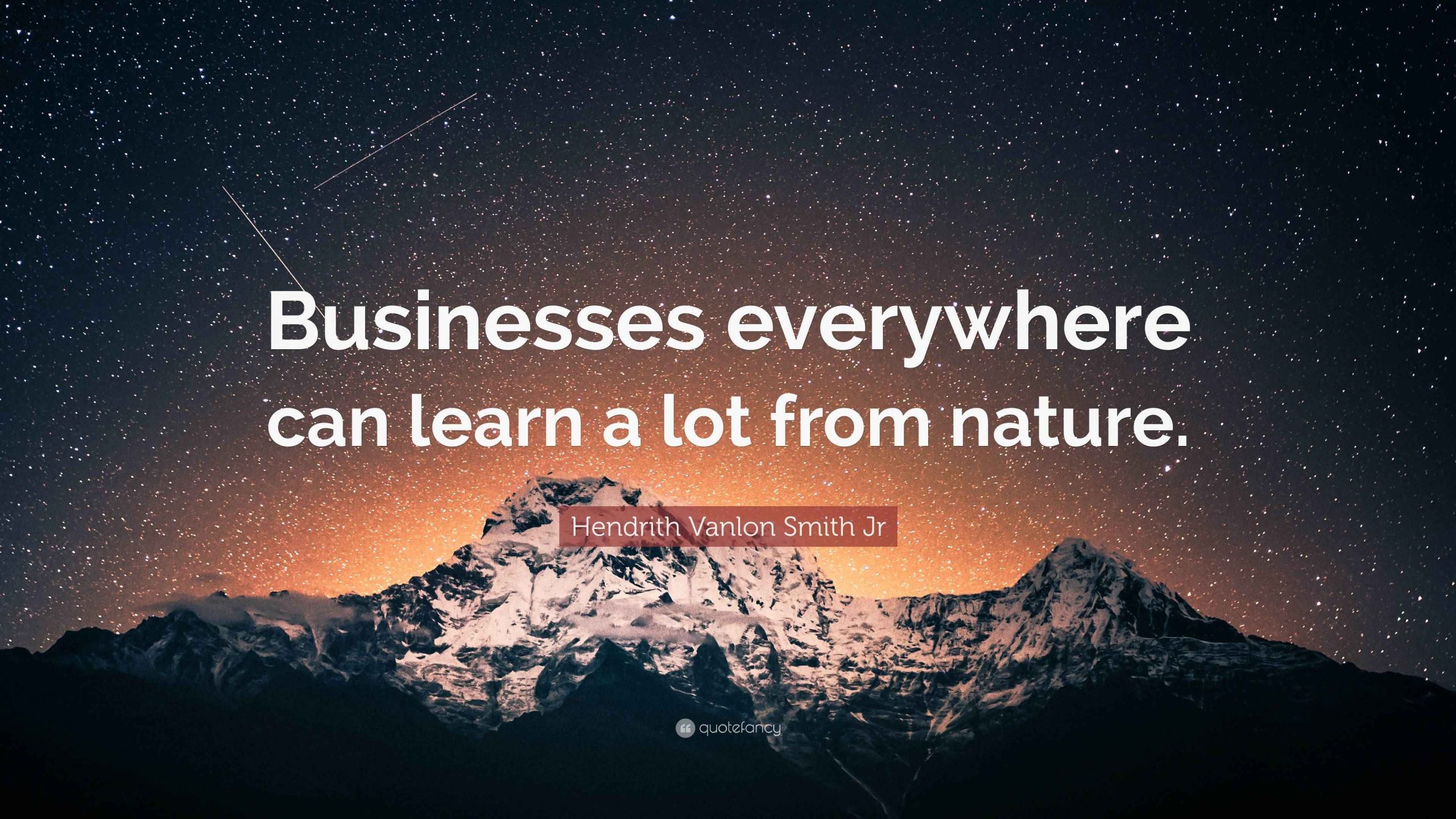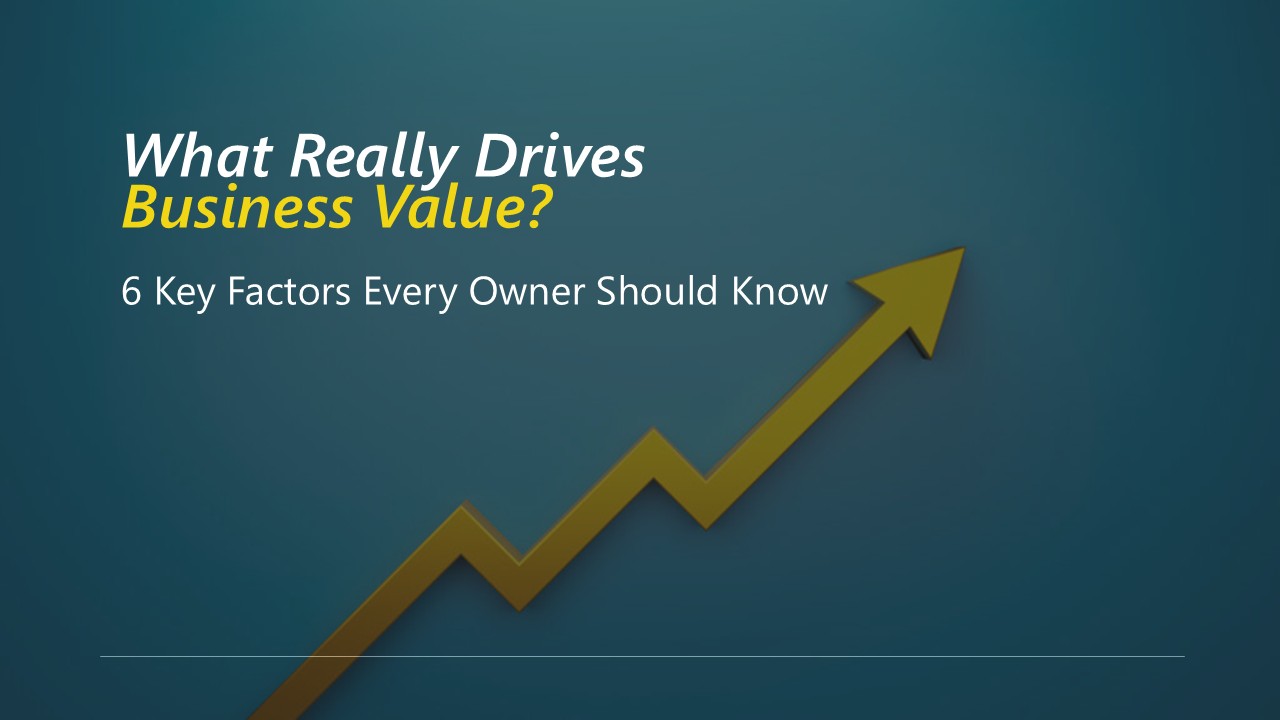Nature has been refining its systems for billions of years, adapting, evolving, and thriving through complexity and change. For businesses navigating an increasingly unpredictable world, there’s a wealth of insight to be gained by observing how ecosystems function, how organisms cooperate and compete, and how resilience is built not through rigidity but through flexibility. Nature doesn’t rush, but it doesn’t stand still either. It balances growth with sustainability, competition with symbiosis, and innovation with conservation. These principles offer a compelling framework for how businesses might operate more intelligently, more sustainably, and more humanely.
One of the most striking lessons from nature is the power of interdependence. In a forest, no tree grows alone. Its roots are connected to others through mycorrhizal networks—fungal systems that allow trees to share nutrients, warn each other of threats, and support younger saplings. This invisible collaboration ensures the health of the entire ecosystem. Businesses often operate with a mindset of isolation or competition, but those that embrace interdependence—through partnerships, community engagement, and cross-functional collaboration—tend to be more resilient and innovative. They understand that strength comes not from standing apart, but from standing together.
Adaptability is another cornerstone of natural systems. Species survive not by being the strongest, but by being the most responsive to change. Environments shift, resources fluctuate, and threats emerge. Those that can adjust their behavior, reconfigure their strategies, or evolve their capabilities are the ones that endure. In business, adaptability means more than pivoting during a crisis. It means building cultures that welcome change, designing systems that allow for iteration, and cultivating leadership that listens and learns. Companies that resist change often find themselves outpaced, while those that embrace it discover new opportunities and pathways.
Nature also teaches the value of diversity. Biodiversity is not just beautiful—it’s functional. A diverse ecosystem is more stable, more productive, and more resilient to shocks. Each species plays a role, and the variety ensures that if one element fails, others can compensate. In business, diversity of thought, background, and skill creates similar benefits. Teams that bring multiple perspectives to the table solve problems more creatively and make decisions more robustly. Organizations that prioritize inclusion are better equipped to understand their customers, navigate complexity, and build cultures of belonging. Diversity isn’t a checkbox—it’s a strategic advantage.
Efficiency in nature is elegant, not excessive. Organisms use only what they need, and waste is often repurposed. The fallen leaves of a tree become nutrients for the soil. The energy from the sun is captured, stored, and cycled through countless forms. This kind of circularity contrasts sharply with many business models that prioritize extraction and disposal. But as sustainability becomes a competitive imperative, businesses are beginning to learn from nature’s frugality. Circular economies, regenerative design, and zero-waste operations are not just ethical—they’re increasingly profitable. Efficiency that respects the system is more enduring than efficiency that exploits it.
Resilience in nature is built through redundancy and decentralization. A single point of failure rarely brings down an entire ecosystem. If one food source disappears, another emerges. If one species declines, others fill the gap. This distributed strength is something businesses can emulate. Relying too heavily on one product, one supplier, or one market creates vulnerability. But diversifying offerings, decentralizing decision-making, and building flexible supply chains can create a buffer against disruption. Resilience is not about avoiding stress—it’s about absorbing it and emerging stronger.
Timing in nature is precise. Migratory birds know when to fly, seeds know when to germinate, and predators know when to hunt. These rhythms are not random—they’re attuned to environmental cues and internal cycles. Businesses often push for constant growth, ignoring the natural ebb and flow of markets, teams, and innovation. But recognizing when to pause, when to invest, and when to scale can make all the difference. Timing is strategic, and businesses that learn to listen—to data, to customers, to their own people—can align their actions with the moment rather than forcing outcomes prematurely.
Nature also values patience. A tree doesn’t grow overnight. Coral reefs take centuries to form. Evolution is slow, deliberate, and cumulative. In contrast, business culture often celebrates speed, disruption, and instant results. But some of the most enduring companies are those that build slowly, with intention. They invest in relationships, refine their products, and grow their cultures over time. Patience allows for depth, and depth creates durability. Building something that lasts requires resisting the temptation to rush and embracing the discipline to persist.
Perhaps most profoundly, nature operates with purpose. Every organism has a role, every process a function. There’s no wasted effort, no meaningless motion. Businesses that define their purpose clearly—beyond profit—tend to attract more loyalty, inspire more innovation, and create more impact. Purpose gives direction, coherence, and meaning. It turns work into contribution and growth into legacy. When a business aligns its actions with a deeper mission, it doesn’t just perform—it transforms.
In the end, nature is not just a source of inspiration—it’s a blueprint. It shows us how to build systems that are resilient, adaptive, and regenerative. It reminds us that success is not about domination, but about harmony. That progress is not about speed, but about alignment. And that the most powerful organizations are those that learn, evolve, and contribute to the ecosystems they inhabit. Business, like nature, is a living system. And when we treat it as such, we unlock a kind of wisdom that no spreadsheet can capture.




